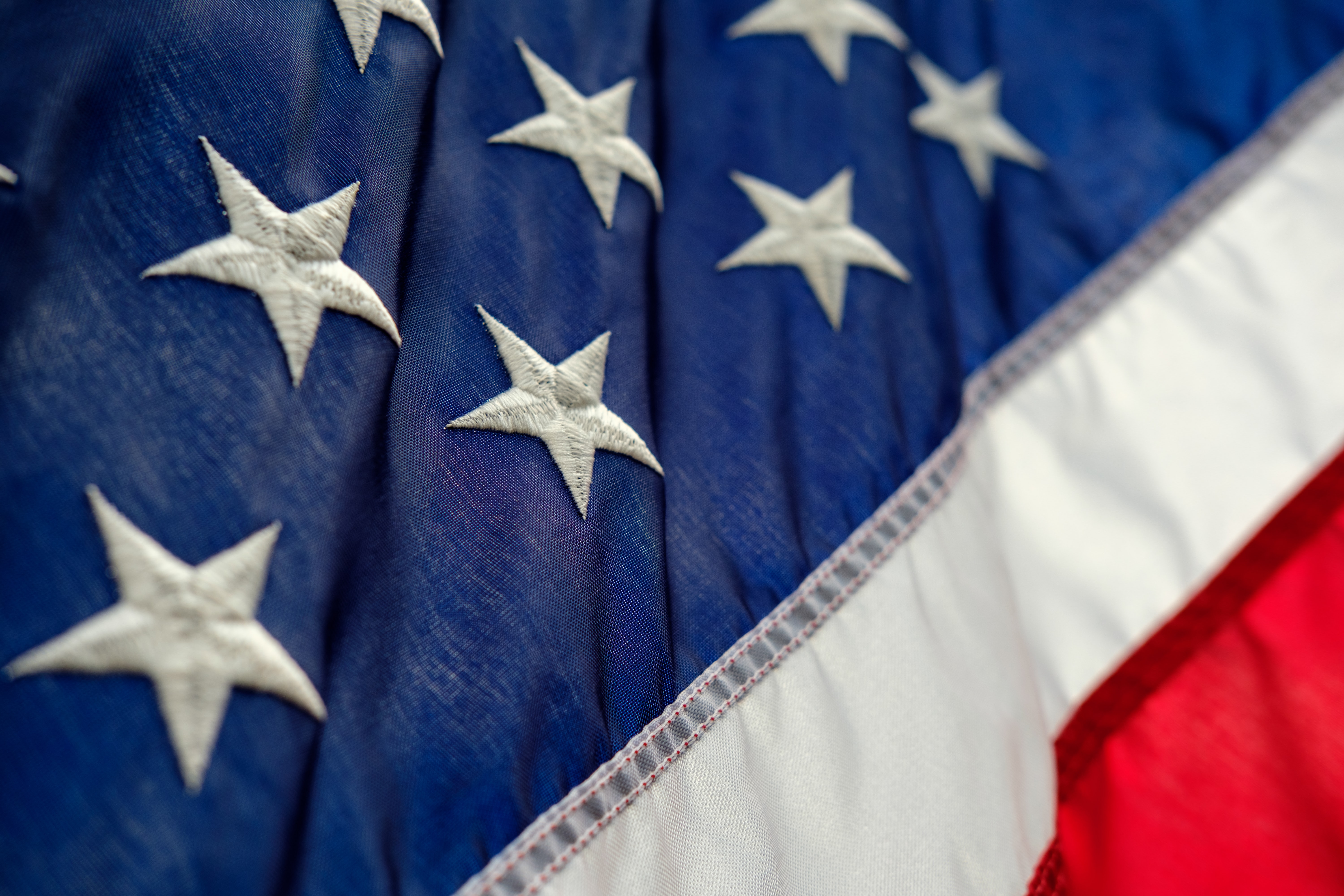
(Photo: Luke Michael on Unsplash)
“I don’t know what to make of it anymore,” she said.
Here she was, a youth in a country she had been raised to believe others had looked up to – and perhaps many indeed had in the past – only to see how other modern countries now look upon it with a worry mixed with pity. For what her country is losing. For the progress it is undoing. For the backward path it has been put on through the religious fervor of the few.
A country where religion ought to be free, but where one religion’s dogma was to be forced on everyone, so that freedom was no more.
She hadn’t left her home, yet hers was no longer the land of the free. Did not even pretend to be.
Here she was, supposed to feel pride when what she felt was wariness. Aware that her very voice was threatened next. Her vote. Her right to medical treatment. Her right to family of her choice. Her right to marry.
Already she had lost her right to not be used, to not be abused, to not have her body kidnapped, her soul ignored, her choice made moot.
And so, on the day of hoped-for-glory, she worried.
And she grieved.
She grieved for the country she had believed herself a part of, yet now the few decided to make her a thing to be controlled. A being without choice. Less than a human. Less than a body. Much less than an embryo.
Certainly less than someone without a uterus.
Again.
“What is independence,” she asked, the red, white, and blue furling and unfurling in her hands, “if it can be stolen? How can there be independence if it is kept only for those who take away choice?”
Pensive in jeans, red top, and white sneakers, she arranged blueberries and raspberries on a bed of whipped cream.
Her favorite July 4th dessert.
It always used to make her so happy, to see the flag represented, to taste the sweetness, and remember the freedoms others had fought so hard to gain and to protect. It had filled her with respect to know the path her country had taken through many historical wrongs, the struggles it had undergone to gain understanding. To see how people that the Founding Fathers – in their era’s blind spots – did not know to accept as fully human, actually very much were.
She’d felt pride for how the constitution was amended to better reflect humanity, to represent those who pledged allegiance to the flag and to the Republic for which it stands. In pursuit of liberty. And justice. For all.
Oh, she knew it had never been perfect. Her country. But it had tried to move toward fairness, civil liberties, and understanding those it had wronged. It worked on freedoms, on justice, on choice.
That effort, that promise to do better, was what had made her so proud … and why the undoing of long-time liberties broke her heart.
“I have less freedoms than my mother had,” she cried. “How can I fly this flag if it no longer represents me?”
And yet, she fretted, could she allow the flag to be kidnapped by those who have no respect for her, for her body, for her rights, for her faith, her decisions, her choice? How could she let those who steal freedoms appropriate the flag? How could she let those who take away her choice, be the ones to exclusively own what is still also hers?
No, she could not let the flag be only for those who interpret freedom of religion as their freedom to force their own religion onto others. She would not abandon the flag to those who would gladly take away her vote, who already call her names, who would shackle her and vilify her most personal body functions all while they justify monitoring and hijacking her body to their purpose!
She could not let them own the flag. Her flag. She would not!
So even with the shattered glass that filled her heart, she flew the flag. The stars and stripes.
And alongside it she added a flag for choice, and a flag for freedom of religion, and a rainbow flag in solidarity with those whose very right to love was threatened. To let them know that she would also protect their voice, their freedoms, their choice.
And thus she celebrated the day of independence.
Not as confirmation of freedoms achieved, but as a sign of freedoms to believe in and to fight for. Not as an agreement with the current state of the union, but in determination to protect, speak for, and vote for independence. To protest the undoing of civil liberties by an imperious injustice, and to insist on one’s rights to one’s own body and their choices about it.
She flew the flags, to remind herself of what is possible, and of the work remaining. Her choice. Her voice. On Independence Day.
(Note: This piece was based on recent conversations with young women and the worries and feelings they’d shared. Wishing them – and all – a good and meaningful Fourth of July. May hope and choice come forth.)


You must be logged in to post a comment.